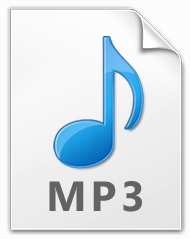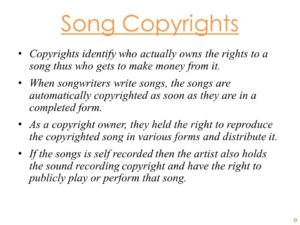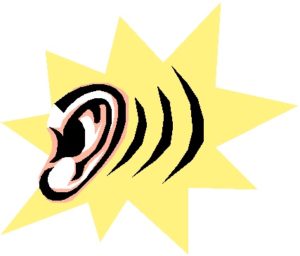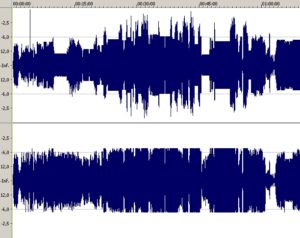In the music business, there are ways to reach your audience. Getting your song played on the radio is one of them. Not only is it good for your brand if you get those spins, but your publishing check will look pretty nice…
But how do you get your song played? Do you just pop up at the station guerilla style? Do you call the station and ask them to play your song? The awnser to both is NO.
Here is some tricks to get you on the next FM circuit. Enjoy and thank me later…

1) No Attachments
Do not clutter up their Inbox with attachments of mp3s. Only include links to where they can stream or listen to the song.

2) Box.com Links
Most supes prefer Box.com for songs. This is not to be confused with Dropbox.com. Box.com links allow supes to stream or download the song. Most don’t have time to download the song. So just send them the Box.com link and they will be able to stream the song. If they think it will work, they will download it and try it out.

3) Tagged Mp3s
Many times, supes will have a bunch of songs they are trying out for a certain spot. Once they land on the song they want to use, they will need to “clear” it. That means to get the rights to use the song. But they will probably have forgotten where the song came from. But if you added your contact info to the metadata, they can find you easily.
So, first, create a 320kbps mp3 from your original WAV file. You can do this in iTunes. In preferences, make sure you select “Custom” 320kbps. Then command click the song and select “Create MP3 Version.” Then open the newly created mp3’s info (Command i) in iTunes and type your info in the comments. Include contact email, phone number and “I own 200%” if you actually own all of the rights to your song.

4) “I Own 200%”
In other words, you have the right to license both the song and the recording. Supes like placing music that is easy to clear. That’s why they love working with licensing companies. They are one-stop shops for the music. Instead of having to go to a publisher and negotiate a synch license fee and then going to the label and negotiating a master use license, they’d like to just talk to one person and negotiate an “all-in” fee for the use (The sound-recording copyright and the musical composition copyright are actually totally separate copyrights, but “200%” is the term that supes like to hear).
So, if you wrote and released the song yourself (or with your band), without a label, you own 200%. If you cowrote the song with someone else, you do not own 100% of the composition—unless your cowriter(s) signed off on these rights. But be careful, if your cowriter is signed to a publishing company, she may not know that she doesn’t have the rights to clear the song. However, if you cowrote the song with an unrepped songwriter and you got permission from her to be able to place the song without her direct consent and you recorded the song with (or purchased Beats from) a producer who gave you full permission to place the song without further consent, then you’re fine and you can say you “own 200%.” It’s good to get in writing from every collaborator that you have full permission to license your song.

5) Subject Line: Sounds like _ _ _ _ _ _ _ _ _ (artist you sound like).
Supes don’t have time to open every email, let alone listen to every song. But, if they know what they’re going to get when they open your email, you have a much better chance of getting a listen. So title your subject line who you sound like: “Sounds like Coldplay, Imagine Dragons.” If they need a song that sounds like that, you’ll definitely get a listen—even if they don’t know you.

6) Only Mastered Tracks
Do not send demos. They only want high-quality, mastered songs.

7) You Must Have Instrumentals
Often they will want to use only a few lyrics of your song, or none at all. They will typically want the instrumental sent over in addition to the main master. So, before you give your mixing engineer the final check, make sure you get instrumentals for every song. It’s also good to get stems (vocal only, drum only, etc.). These can be helpful for remixes as well.

8) Work with a Licensing Company
This all being said, most supes prefer to work with people they know and trust. Find a licensing company to rep you.
There you go. Now all you have to do is make yourself a list of who you want to reach and get your music game up.
